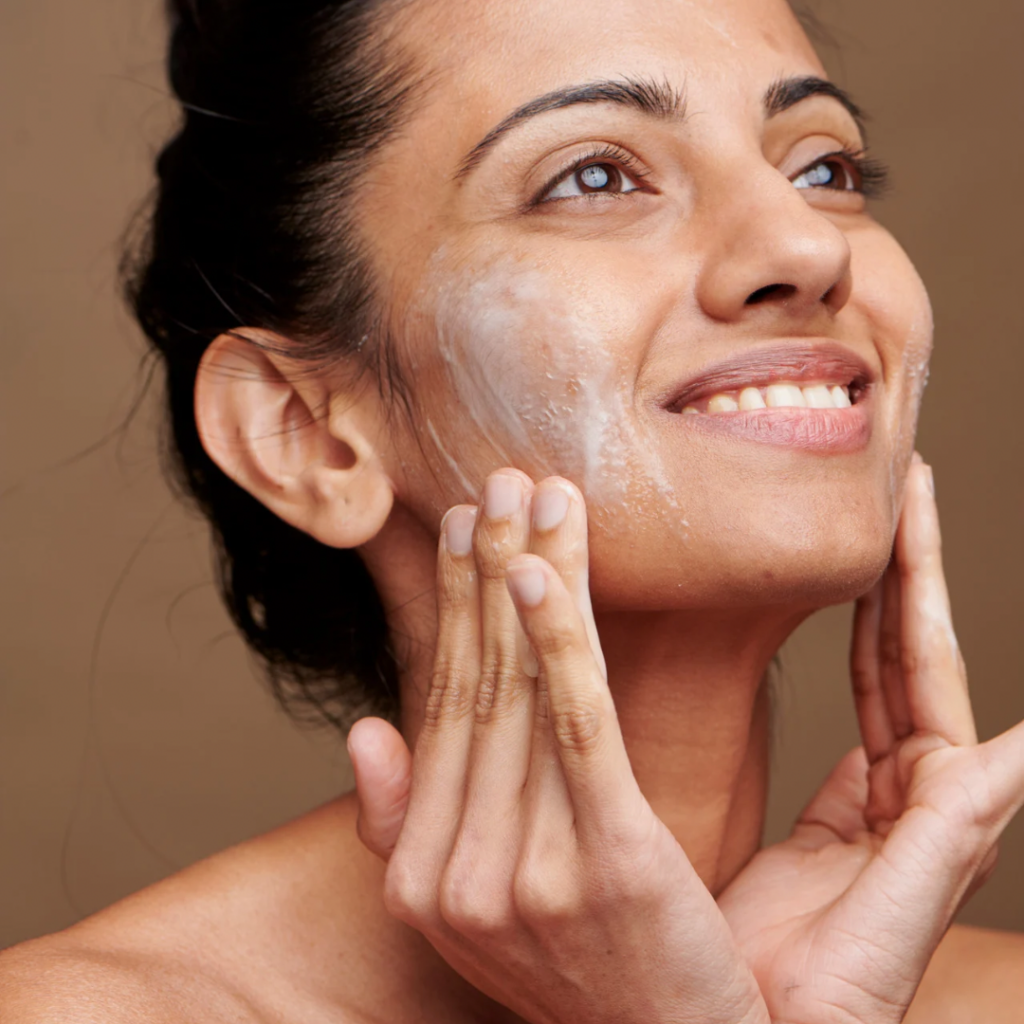Answering the Top Skincare Questions for Seasonal Change
As the seasons shift, so do our skincare needs. Each year, when temperatures drop and humidity fluctuates, our skin may require a little extra attention. In response to some of the most frequently asked questions, we’ve put together this guide to help you achieve healthy, radiant skin all season long. Let’s dive into these common skincare questions!
1. How Do I Adjust My Skincare Routine for the Fall and Winter?
When temperatures cool, it’s a good idea to modify your skincare routine to ensure your skin remains balanced and hydrated. Here’s a simple guide for seasonal adjustments:
- Fall and winter can strip moisture from the skin, so opt for a mild, hydrating cleanser rather than a foaming or exfoliating one.
- Consider adding a serum with hyaluronic acid, which helps retain moisture. A heavier moisturizer or facial oil can also help lock in hydration.
- Exfoliation is important, but too much can lead to dryness or irritation in colder weather. Try exfoliating just once a week with a gentle product.
Adjusting your routine gradually as temperatures change will help avoid any shock to your skin.
2. How Can I Manage Dry Skin During the Colder Months?
Dry skin is one of the most common seasonal complaints. Here are some ways to keep it hydrated:
- Using a thicker moisturizer like a cream-based moisturizer provides a more substantial barrier to lock in moisture.
- Adding a facial oil because oils can provide a great layer of hydration and help reinforce your skin barrier, which is often weakened in colder months.
- Indoor heating can dry out the air, which impacts skin. Adding a humidifier to your home or workspace can keep moisture levels up.
By boosting your skin’s moisture levels, you can avoid flakiness, irritation, and that uncomfortable tight feeling.
3. What Ingredients Are Best for Sensitive or Reactive Skin?
If your skin is prone to redness, irritation, or dryness, it’s important to choose gentle ingredients that soothe and protect. Look for:
- Ceramides can help restore the skin barrier, which is essential for sensitive skin.
- Aloe Vera and Chamomile are known for their calming properties, these ingredients help reduce redness and irritation.
- Hyaluronic Acid is a hydrating powerhouse that draws water into the skin, providing moisture without causing sensitivity.
Avoid harsh exfoliants or fragrances, which can often lead to further irritation.
4. Is Sunscreen Necessary in Fall and Winter?
Absolutely! UV rays can penetrate clouds and affect your skin even on cooler days. In fact, 80% of UV rays can pass through clouds, and snow can reflect UV light, increasing exposure.
- Protect your skin from both UVA and UVB rays with a broad-spectrum SPF 30 or higher.
- Even if you’re staying indoors, it’s wise to apply sunscreen daily in the morning because windows don’t block all UV radiation.
Daily SPF use can prevent premature aging and skin damage throughout the year.
5. How Do I Layer Products Correctly?
Layering skincare can be confusing, especially with new products. Here’s a simple order to follow:
- Cleanser
- Toner – A hydrating toner can prep your skin and allow better absorption.
- Serum – Apply from lighter to heavier, like liquid first, oil second, if you are using more than one serum.
- Moisturizer
- Sunscreen – Apply sunscreen as the last step in your morning routine. In the evening, simply skip this step.
Remember, the general rule is to apply products from thinnest to thickest, allowing each layer to absorb before moving to the next.
6. Can I Use Facial Oils if I Have Oily or Acne-Prone Skin?
Yes! Many people with oily or acne-prone skin are cautious about oils, but the right oil can actually benefit your skin. Some options that work well for oily or acne-prone skin include:
- Jojoba oil is an oil that resembles natural skin sebum, so it can help regulate oil production.
- Rosehip oil is a lightweight oil rich in antioxidants, which won’t clog pores and can reduce inflammation.
- Squalane oil is great for all skin types and helps improve moisture without feeling heavy or greasy.
Use oils sparingly and select non-comedogenic options to avoid clogging pores.
Small Changes for Healthier Skin
As we transition into colder weather, these small adjustments can make a big difference in maintaining a healthy, radiant complexion. By being mindful of seasonal needs and listening to your skin, you’ll be well-prepared to keep your skin looking and feeling its best. If you have any questions about your unique skin needs, our expert estheticians at Invigorate Spa are here to help! For personalized skincare advice and support, feel free to email us at booking@invigoratespa.com or call/text us at 317-688-7275. We look forward to assisting you!

